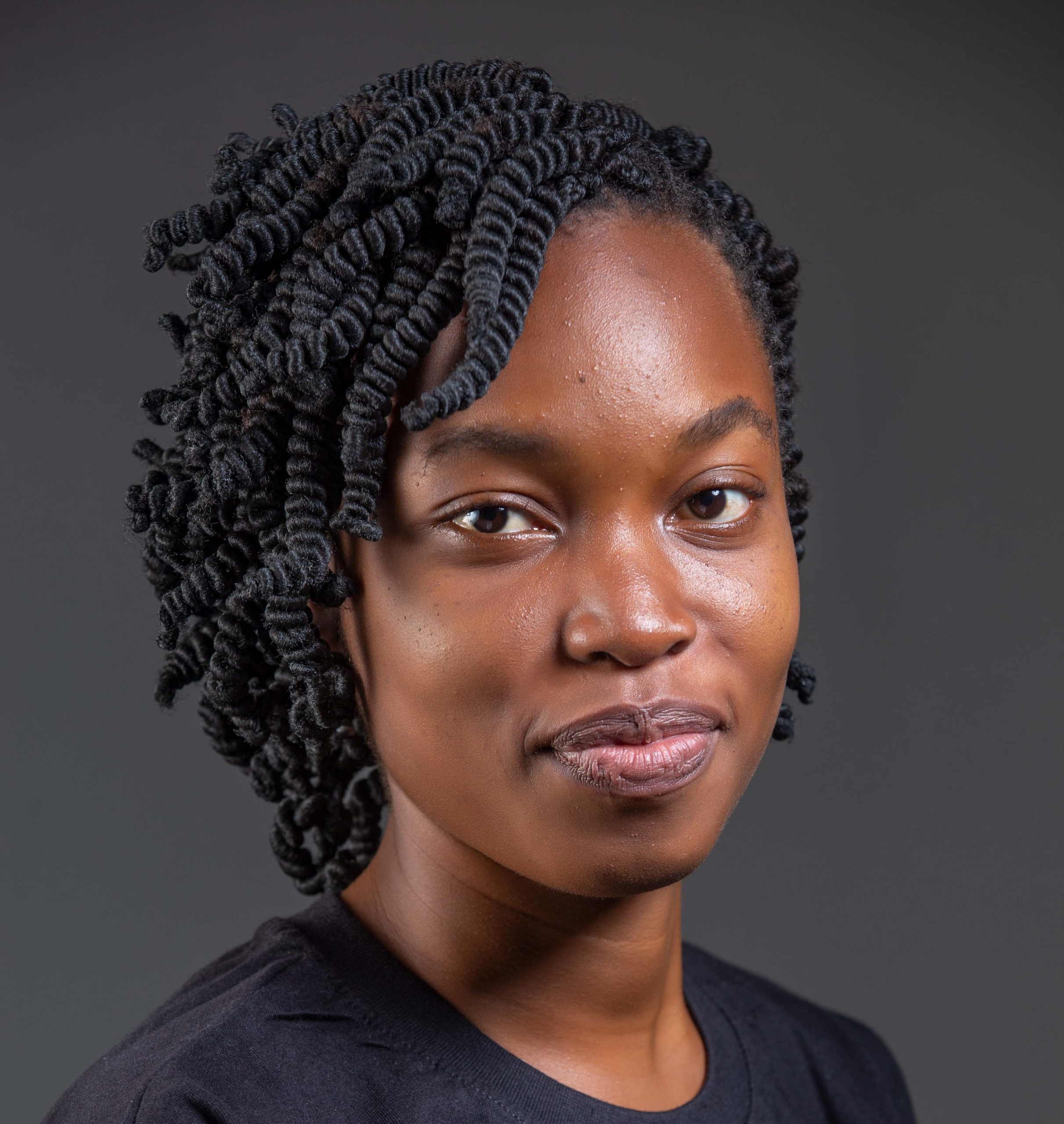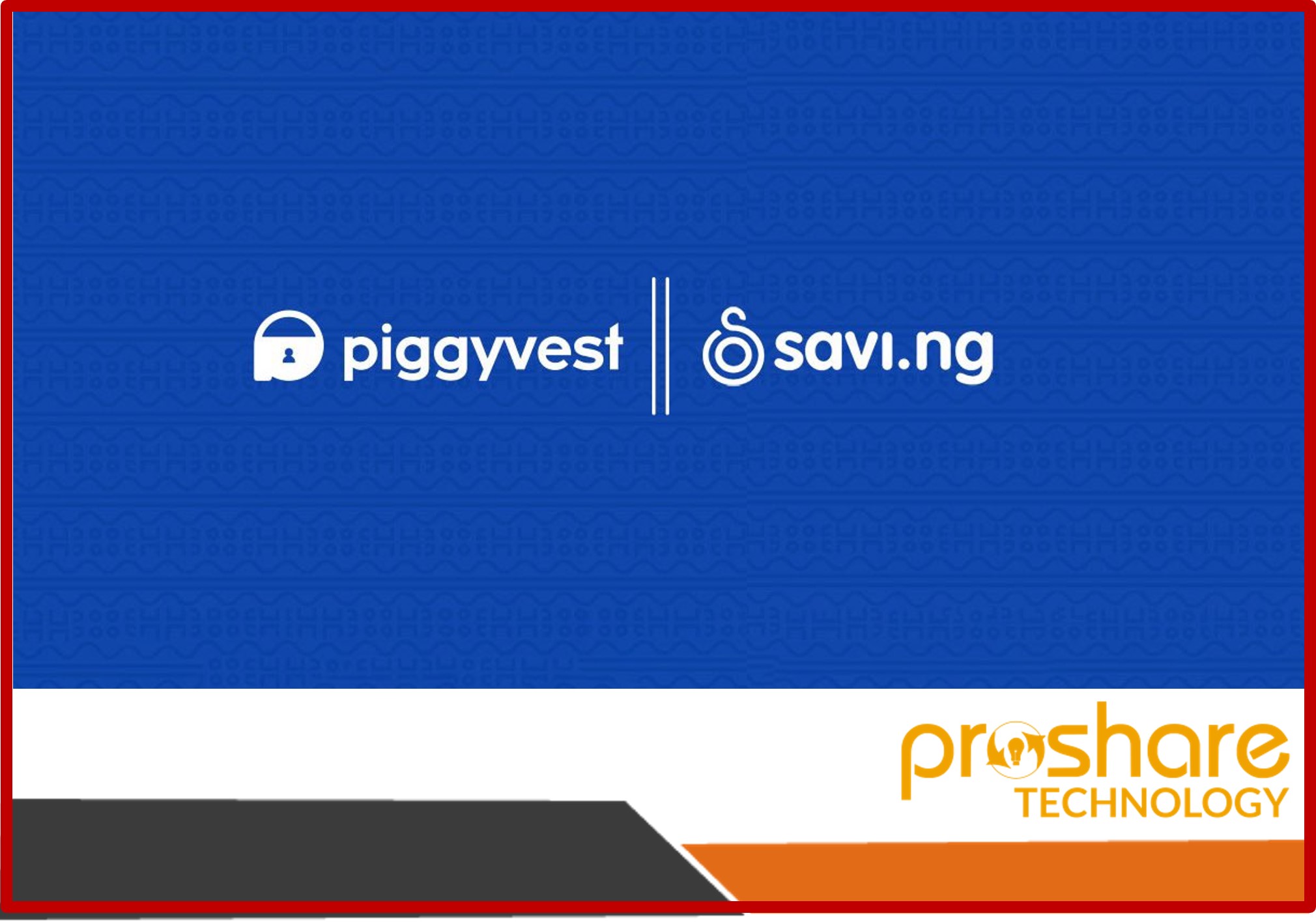Abake Adenle, a Nigerian-American investment strategist and engineer has bagged the Diversity, Equity and Inclusion (DEI) award from the Women in Voice (WiV) – an international nonprofit organisation based in Seattle, United States of America for her outstanding contributions to advancing diversity, equity and inclusion in voice amongst persons.
The Cambridge University alumni gained attention after building a voice recognition and speech synthesis software for five African languages. She (Adenle) believes that her work singled her out among the three other finalists in the category because her solution bridges the gap for the availability of voice technologies for African languages.
Adenle, a PhD holder in Bayesian Signal Processing, is the founder of an app development studio, Aja.la Studios which was later rebranded to become Ajala.ai following a pivot. After her PhD, she decided to go into investment banking.
Adenle who was inspired by her cousins learning the English alphabets via an app, she then decided to create an app which would also help them learn Yoruba language.
The mobile app, SpeakYoruba, was a paid app published on the Google Play Store in 2010 – although the app is no longer available on the play store.
“A few years ago when I decided to own a business, I thought I could revisit this app that did well and see if I could come up with something that could build up on that. I wanted to add a feature that would allow children to say something to the app and have the app tell them if they said the right word correctly. It was at that point that I realised that voice recognition wasn’t really available for African languages”, she said.
Pitching the idea to Innovate UK, she got a grant to explore the idea further. In the first year if its development, she developed complex algorithms and acoustics for voice recognition and speech synthesis for two African languages using deep learning. Seeing the progress made by Adenle, she received a seed fund from the same agency (Innovate UK) in 2018.
NOTE: Speech recognition is the underlying technology behind the likes of Siri and Alexa; it makes the digital assistant understand what is said to it and translate it to text, while speech synthesis allows the AI to speak back with articulated voice.
Adenle’s plan is to build a solution agnostic platform that would provide a broad support for as many African languages as possible. This means it won’t be focusing only on a particular app but it would allow other developers to build on it for their bespoke solutions, hence it is more of an API.
The solution which is in its beta phase with plans to officially launch in the fourth quarter of 2021. It will work for five African languages – Yoruba, Hausa, Igbo, Kiswahili and Kinyarwanda.
Apart from the seed fund, Ajala.ai is also in partnership with two large African institutions interested in building voice solutions in African languages.
On the future plan for her startup, Adenle said her plans were to build solutions that’d would address Africa’s unique needs.

































